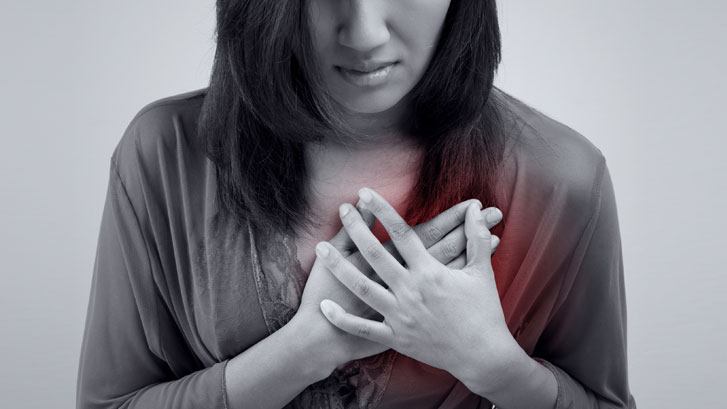Heart disease is the number one killer of women in the United States. However, when it comes to recognizing and acknowledging the symptoms of a heart attack, women aren’t always as aware as they should be. They often disregard the warning signs, think they are manageable, or don’t realize the greater impacts associated with such symptoms.
Heart attacks occur when the blood flow that brings oxygen to the heart muscle is severely reduced or cut off entirely. This happens when the arteries that supply the heart with blood slowly narrow because of a buildup of plaque, which is made up of things like fat and cholesterol. According to the American Heart Association, someone in the United States has a heart attack about every 40 seconds.
The common warning signs of a heart attack include chest discomfort, pain in the upper body, shortness of breath, and nausea. However, women sometimes have a broader range of symptoms they should be on the lookout for:
- Chest pain that lasts a few minutes, leaves, and comes back
- Upper stomach discomfort, including unexplained nausea or vomiting
- Pain or discomfort in one or both arms, the back, neck, or jaw
- Uncomfortable pressure, squeezing, fullness, or pain in the center of the chest that is either consistent or comes and goes
- Shortness of breath, with or without chest discomfort
- Fatigue, dizziness, lightheadedness
- Breaking out into a cold sweat
Regardless of gender or medical history, these warning signs should not be ignored. In particular, women in their post-menopausal years should take special note of these symptoms and take an active role in learning about and understanding their other risk factors. Things like high blood pressure, high cholesterol, and diabetes all increase the chances of experiencing a heart attack.
February is American Heart Month, and it’s the perfect time to make sure you and your loved ones are familiar with these symptoms. Better heart health means better overall health, all year long.



